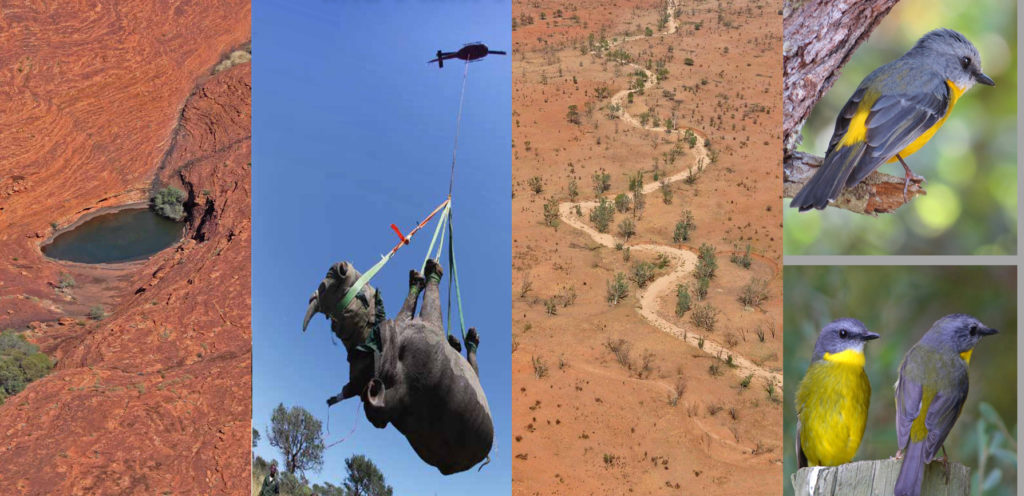Understanding Persistence & Adaptation of Wildlife in the Genomic Age

Human impacts on wildlife populations reduce the numbers of individuals, shrink geographical ranges, and isolate population fragments. These effects have intertwined ecological and evolutionary outcomes, with negative consequences for the ability of populations to survive and maintain ongoing evolution. The key elements of evolution of concern in conservation biology are the harmful consequences of loss of genetic variation, and reduced ability to adapt to environmental pressures. We are in exciting times in these regards, thanks to a genuine technical revolution in our ability to understand, quantify and monitor these evolutionary processes and improve outcomes by conservation actions. Join evolutionary and conservation biologist Professor Paul Sunnucks, who will give examples from ongoing research of how evolutionary processes have been assessed in wildlife, and how such information can be incorporated into practical conservation.
About the Speaker:
Paul Sunnucks studied Zoology at Oxford University, and then completed a PhD in population biology at University College London. During three years in one the world’s first conservation genetics groups at the Institute of Zoology London, Paul married Australian Andrea Taylor and migrated to Australia. Following research positions in Sydney, and embarking on parenting, he moved to Melbourne. Since 2005 at Monash University, he has headed the Persistence and Adaptation Research Team. Paul’s highly collaborative research applies evolutionary thinking to conservation biology on a wide range of wildlife. A major recent outcome of Paul’s work was co-authorship of a new book, ‘Genetic Management of Fragmented Animal and Plant Populations‘ by Richard Frankham and others, published by OUP: this book seeks to provoke a paradigm-shift in the application of genetic management of wildlife.






